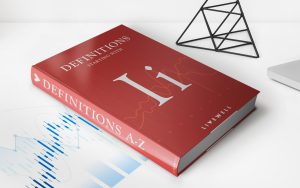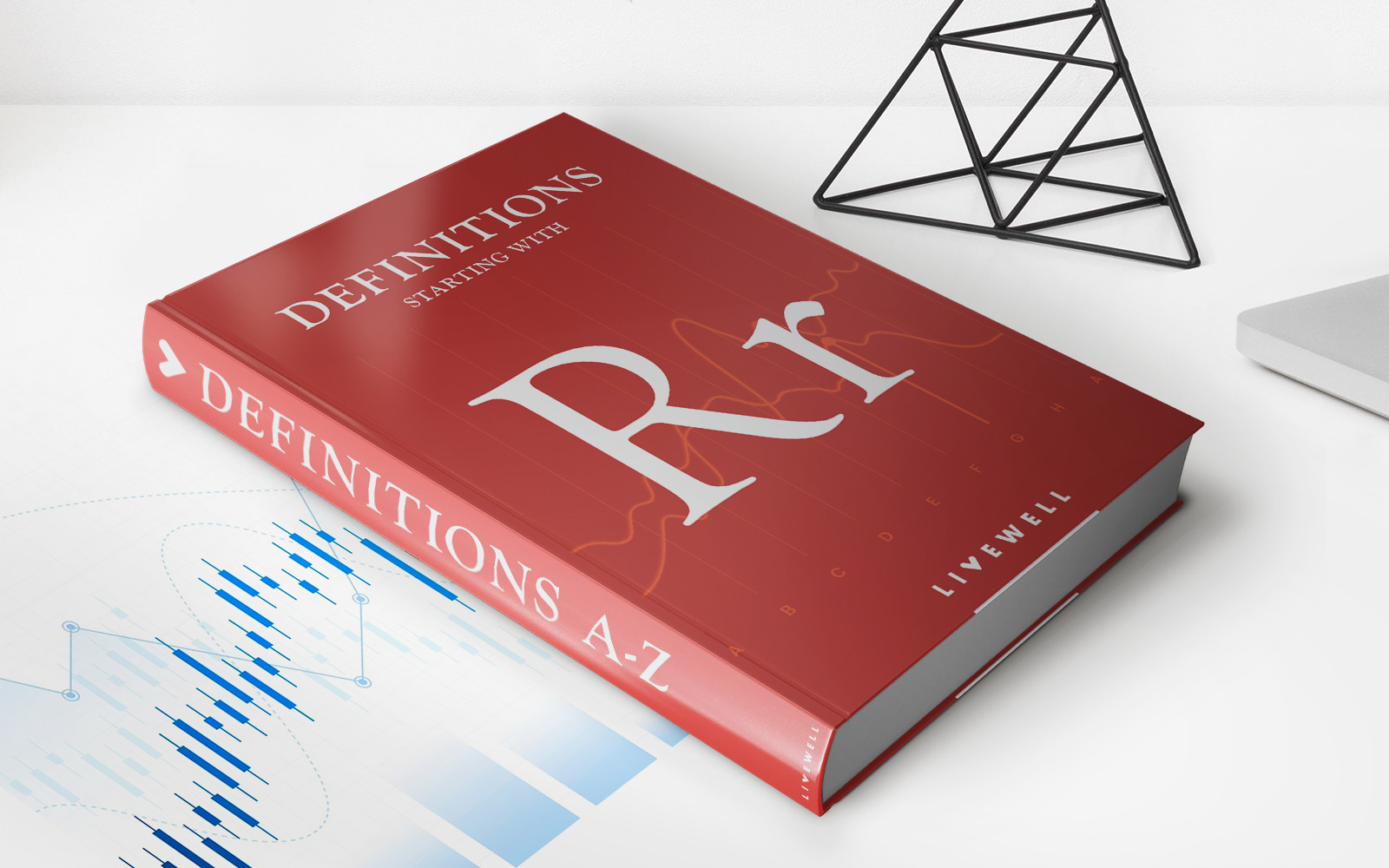Home>Finance>Internal Revenue Code (IRC): Definition, What It Covers, History


Finance
Internal Revenue Code (IRC): Definition, What It Covers, History
Published: December 11, 2023
Learn about the Internal Revenue Code (IRC) - its definition, coverage, and historical significance in the realm of finance.
(Many of the links in this article redirect to a specific reviewed product. Your purchase of these products through affiliate links helps to generate commission for LiveWell, at no extra cost. Learn more)
Finding Your Footing in Finance: Unraveling the Complexity of Internal Revenue Code (IRC)
Welcome to our “FINANCE” category, where we delve into the intricate world of money management. In this blog post, we will discuss one of the most important aspects of finance and taxation – the Internal Revenue Code (IRC). If you’ve ever wondered what IRC is, what it covers, and its historical significance, you’re in the right place.
Key Takeaways:
- The Internal Revenue Code (IRC) is a comprehensive set of laws enacted by the United States government to regulate federal taxation.
- IRC covers a wide range of topics, including rules for individual income tax, corporate tax, estate and gift tax, Social Security tax, and more.
So, what exactly is the Internal Revenue Code? Put simply, it is a body of federal tax laws that provide the legal framework for taxation in the United States. Created by Congress and signed into law by the President, it serves as the backbone of the country’s tax system. But its existence goes beyond just imposing taxes. IRC also outlines various deductions, credits, and exemptions that individuals and businesses can utilize to minimize their tax liabilities.
While navigating the labyrinth of tax regulations may seem daunting, understanding the scope of IRC can help individuals and businesses make informed financial decisions. Here’s a closer look at what IRC covers:
What does the Internal Revenue Code cover?
The Internal Revenue Code covers a diverse range of topics that impact individuals, businesses, and even non-profit organizations. Here are some key areas it addresses:
- Individual Income Tax: IRC defines the rules for determining how much tax an individual owes based on their income, deductions, and credits. It covers everything from progressive tax rates to filing requirements and tax breaks for education, homeownership, and retirement savings.
- Corporate Tax: Corporations, both large and small, must abide by the tax rules outlined in IRC. It governs their tax obligations, deductions, depreciation, and credits. Corporate tax rates are subject to change, and IRC provides the guidelines.
- Estate and Gift Tax: IRC establishes the rules for estate planning and gift tax. It sets thresholds for taxation, outlines exemptions, and regulations related to the transfer of property.
- Social Security Tax: The Internal Revenue Code also governs the collection and management of Social Security taxes, which fund benefits for retirees, disabled individuals, and survivors of deceased workers.
- International Taxation: With the expansion of global trade and cross-border transactions, IRC addresses the taxation of income earned outside U.S. borders and the rules for foreign businesses operating in the country.
These are just a few examples of the broad spectrum of topics covered by the Internal Revenue Code. Its comprehensive nature allows the government to regulate and collect taxes effectively while providing structure and guidelines for taxpayers.
History of the Internal Revenue Code
The history of the Internal Revenue Code dates back to 1862 when President Abraham Lincoln and Congress enacted the nation’s first federal income tax to fund the Civil War. Over the years, this initial system underwent several changes and reforms, leading to the establishment of the Internal Revenue Code as we know it today.
Major milestones in the history of IRC include the creation of the Bureau of Internal Revenue in 1862, the introduction of withholding taxes during World War II, and the subsequent reforms and amendments made to keep up with the evolving economy and society.
Conclusion
The Internal Revenue Code is a cornerstone of the United States tax system. Understanding its complexity and the topics it encompasses can help individuals, businesses, and organizations proactively manage their financial obligations. With the resources provided by IRC, taxpayers can navigate the sometimes perplexing world of taxation while ensuring compliance with the law.
So, the next time you encounter terms like “deductions,” “tax breaks,” or “thresholds,” remember that the Internal Revenue Code holds the answers. Stay tuned for more informative content in our “FINANCE” category to enhance your knowledge and empower your financial decision-making.














